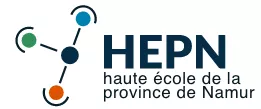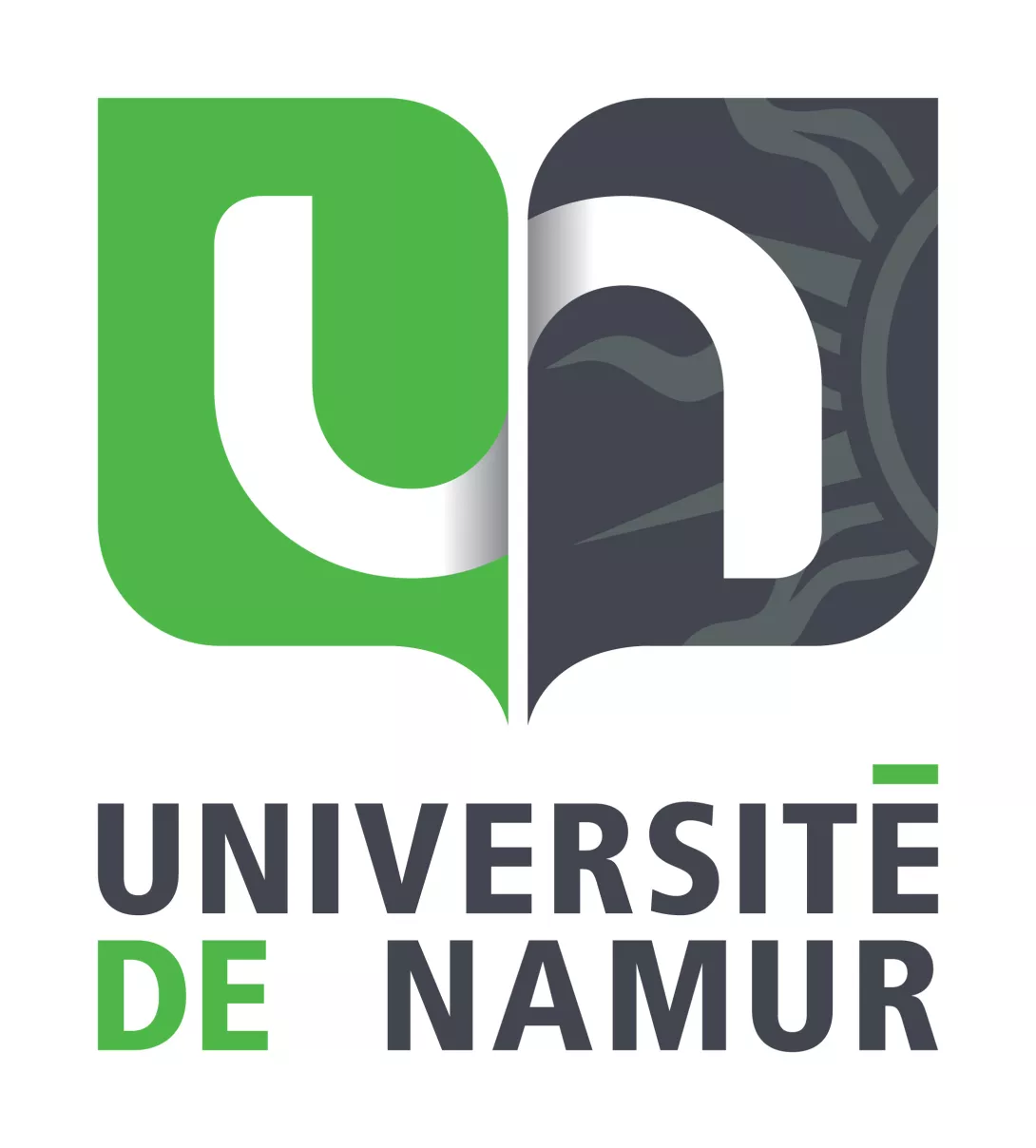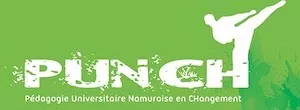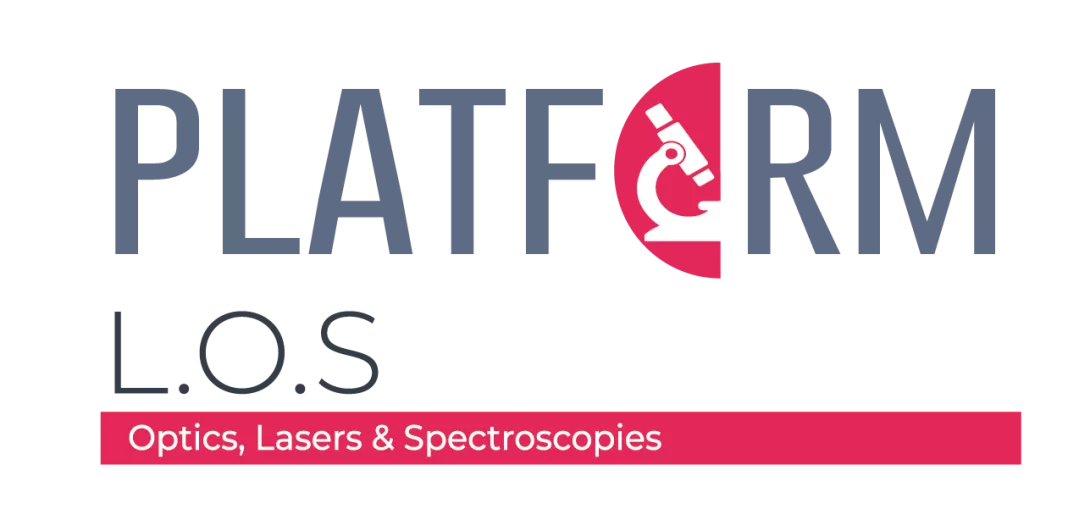Under the impetus of Miguël Dhyne, visiting professor at UNamur and visiting professor at the HEPN, three students in their first year as sustainable development advisors at the HEPN joined the group of physicists for the first time to work on a project to study the greenhouse effect. At the HEPN, this work is part of the "Applied Sciences" teaching unit.
HEPN - UNamur: a great collaboration
This HEPN-UNamur collaboration means that this research project can be approached from both a scientific and a sustainable development consultant's perspective. It is therefore a skilful blend of skills that enables us to approach this research project in a systemic way.

Students from the HEPN's Bachelor of Applied Science in sustainable development consultancy are contributing their expertise in sustainable development by studying the impact of greenhouse gases on the environment and public health.
The UNamur Bachelors in physics contribute their scientific expertise and understanding of the physical phenomena underlying the greenhouse effect. This is all the more true given that the Optics, Lasers and Spectroscopies (LOS) technology platform, under the direction of Professor Muriel Lepère, has opened its doors to them in order to guide them in their reflections and supply them with small quantities of gas.
Acquiring skills
The aim of this teaching unit is to develop the skills students need to better learn and understand physics. To achieve this objective, the project aims to develop both the students' interpersonal and professional skills, as well as the specific skills of a physicist.
Interpersonal skills include empathy, curiosity, creativity, humility, benevolence and team spirit. Professional skills include autonomy, numerical skills, critical thinking, complex problem solving and organisational skills.
The specific skills of a physicist include rigour, theoretical and experimental approach, precision, interpretation, synthesis, modelling, reasoning and abstraction.
Collaborative work in small groups
To enable students to develop these skills, the project is organised in small groups of 3 or 4 students, who work on their project under the supervision of a team of coaches. In this way, each student can contribute his or her own expertise and come up with new ideas and perspectives.
The method used for this project is a hypothetico-deductive approach, where students are encouraged to feel a sense of continuity with their everyday lives. This gives them a better understanding of physics and its practical application in everyday life. Students use Arduino® microcontrollers to carry out their research and development.
Physique & Défis 2023 in a video
An original teaching approach
This interdisciplinary collaboration between the HEPN and UNamur also provides an opportunity to rethink higher education and the pedagogical approach.
This pedagogical approach enables students to better understand the impact of physics on their daily lives and to develop technical skills that are essential for their future careers. By using technologies such as Arduino® microcontrollers, they also acquire practical skills that are useful for gaining a better understanding of real, concrete phenomena.
The 2023 projects
- Studying the greenhouse effect
- Measuring the speed of sound
- The Doppler effect
The aim is to develop portable, easy-to-use devices.

The Applied Sciences team at HEPN
France Boonen, Miguël Dhyne, and Carole Lannoy

The UNamur Physique & Défis teams
Miguël Dhyne, Matthieu Dontaine, Giacomo Lopopolo, Louis Rassinfosse, and Cédric Vanhoolandt

Physics & Défis: a PUNCH project
Since 2012, the PUNCH project - Pédagogie Universitaire Namuroise en CHangement - has been supporting innovative teaching projects.
A call for innovative projects was circulated within UNamur. Of the twenty projects that responded to this call, ten were selected on the basis of consultation with external experts. They have been allocated resources and are being supported by an educational adviser and the PUNCH steering committee.
Encouraged to modernise their teaching practices, these teachers are experimenting with their ability to develop an active and differentiated approach to teaching that will generate excellence.
These teaching experiments range from the development of active methods - flipped classes, interactive or video lessons, project-based approach, problem-based approach, exercises with instant correction, etc. - to the development of a programme approach, a more collegial way of constructing curricula.
